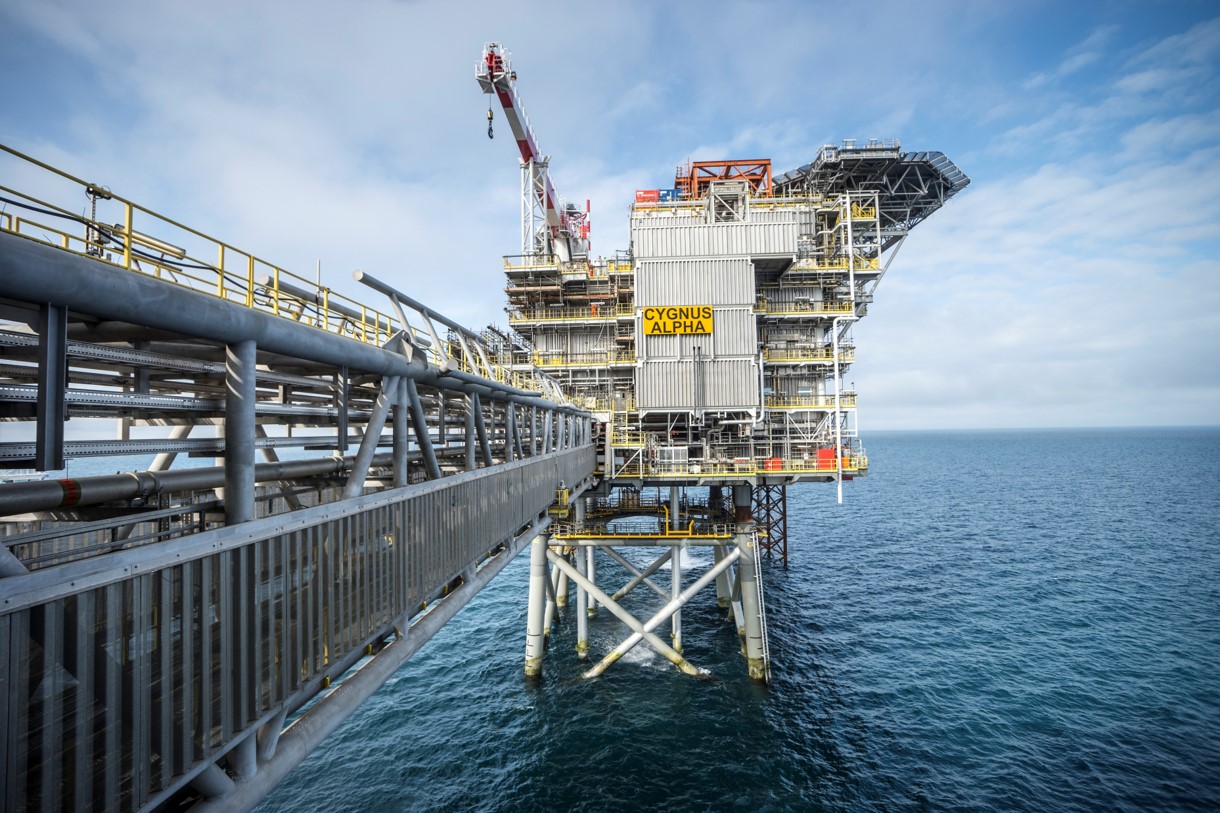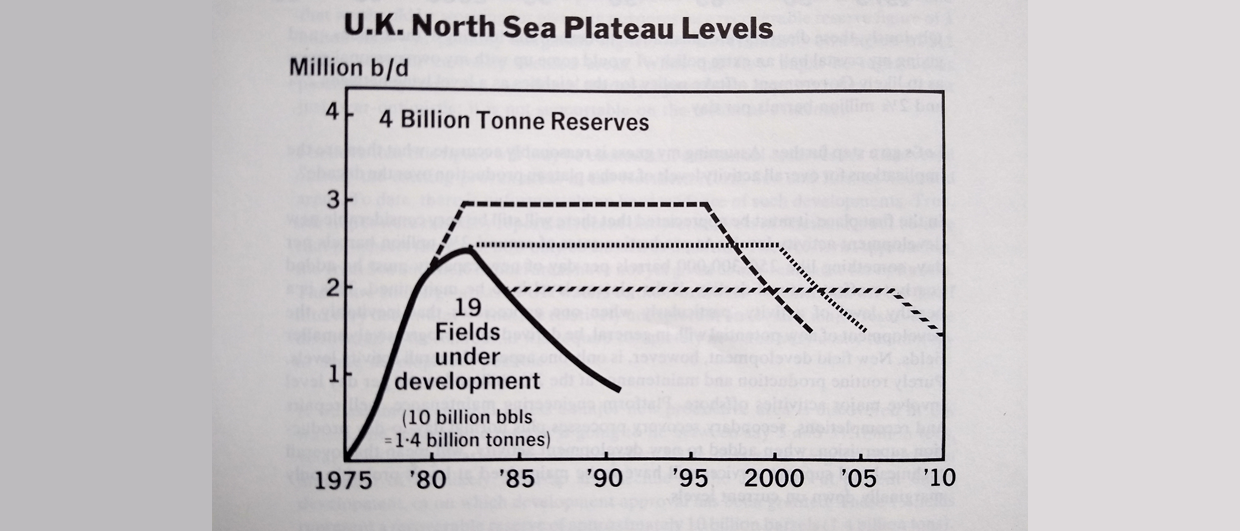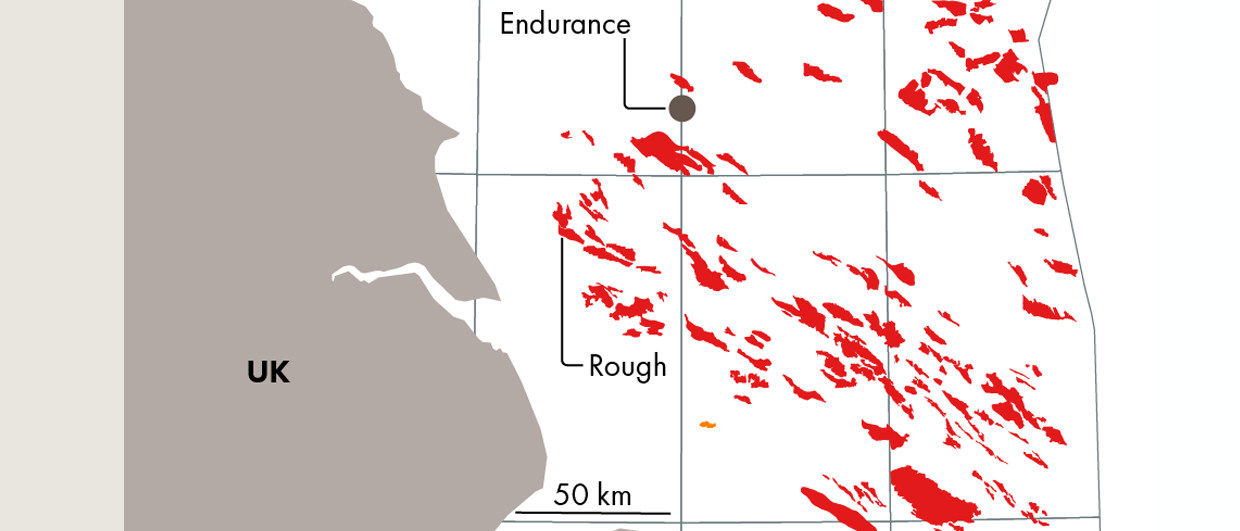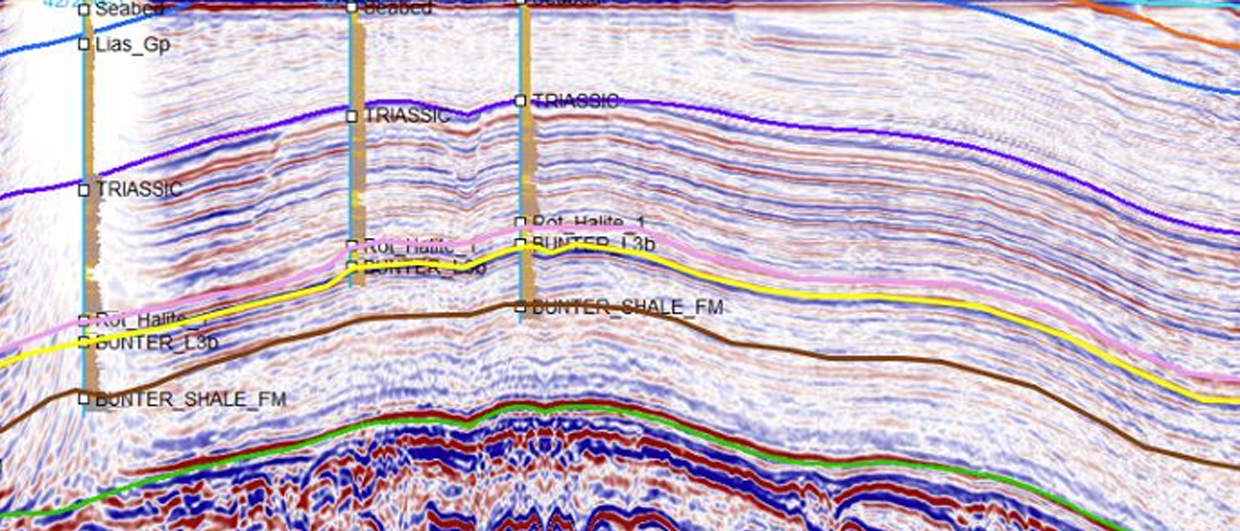Neptune Energy UK has decided not to accept its UKCS 32nd Round licence offers, awarded this summer. The awarded blocks were situated in the Central North Sea close to Neptune’s Seagull development and in the area south of the Neptune-operated Cygnus field in the Southern North Sea (see map below).
We asked the Managing Director of Neptune Energy UK, Alexandra Thomas, for an explanation as to why the company decided to do this. A spokesperson from the Communication Department replied: “We have a lot of existing opportunities already for mid- and long-term growth, with our Seagull project under development and Isabella a longer-term option. We are also focused on allocation of capital around shorter cycle developments around existing hubs.”

It may not be too much of a surprise that the company focuses on the short-term and mid-term developments ongoing. Seagull is an ongoing big project that includes drilling of four HPHT development wells into a Triassic reservoir that is known for its occasional surprises. The Isabella discovery is currently being planned for being further appraised and in case of a positive outcome – and approval for development – will also generate a lot of work.
At the same time, the statement on “allocation of capital around shorter cycle developments” also suggests that the appetite for exploration has diminished. However, the acreage awarded during the 32nd Round was not really frontier to start with and close to existing infrastructure. On that basis, there has probably been a change in strategy.
Then the question can be asked what the cause of this change in strategy is.
The thing that did change in a fairly short time period is the further erosion of political and public support for further exploration and development on the UKCS. Only very recently the Jackdaw discovery joined Cambo in the sense that a decision on its development has been put on hold. In the case of Jackdaw it was because of issues flagged with the Environmental Statement, but there have been rumours that the decision was politically driven.
These uncertainties with regards to future developments may have played a role in Neptune’s decision not to accept the licences offered in the UK. At the end of the day, the six blocks Neptune Norway was recently awarded in the light of the 2020 APA Round have been accepted. If so, it should be a wake-up call for the UK government and the OGA, especially in the light of current gas prices and concerns about security of supply.
HENK KOMBRINK





